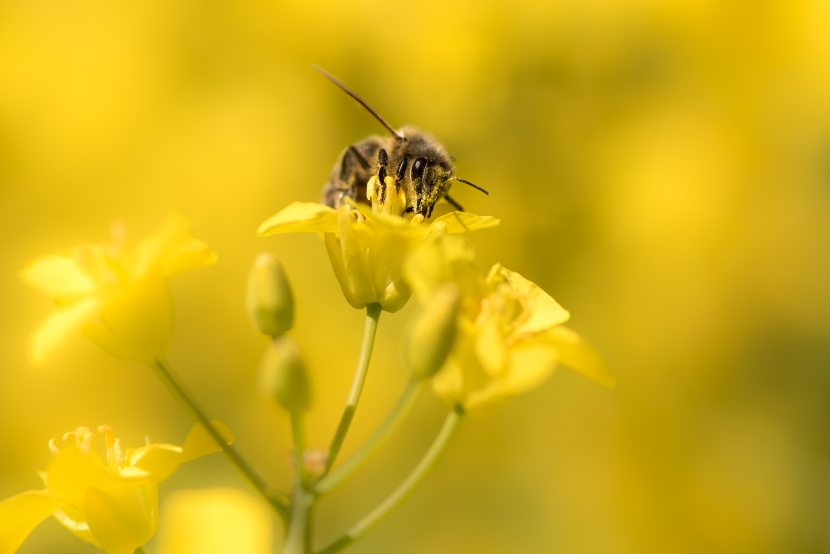
The government has been urged to ban pesticides by an environmental group as new research released today (14 August) suggests that neonicotinoid pesticides are a risk to bumblebee extinction.
The research, published in Nature Ecology & Evolution, showed that queen bees exposed to neonicotinoid pesticides were 26% less likely to be able to start a new colony.
Researchers from Royal Holloway, University of London, and the University of Guelph have found that exposure to thiamethoxam, a common pesticide, reduced the chances of a bumblebee queen starting a new colony by more than a quarter.
Building on field studies, the researchers used mathematical models of bumblebee populations which showed that thiamethoxam exposure significantly increases the likelihood that wild bee populations could become extinct.
Friends of the Earth has urged the government to back moves in the EU to permanently extend current neonicotinoid restrictions to all crops, and commit to keeping any ban post-Brexit.
Responding to the research, Sandra Bell Friends of the Earth nature campaigner, said: “This new study comes hot on the heels of the largest field trials of neonicotinoids showing harm to honey bees and wild bees.
“It is clear that use of these chemicals on any crop poses a risk to bees and other wildlife. The Government has repeatedly said it will follow the science – how much more science does it need before it acts to protect our precious bees?”
'Irrevocable impact'
However, farmers across the UK and Europe have repeatedly warned of the 'irrevocable impact' on crop production without the use of neonicotinoid seed treatments.
And according to the agricultural science institute Rothamsted Research, production of UK crops is at risk if neonicotinoids are more widely restricted or banned completely.
“If groups of chemistries are limited by legislation, the remaining groups will be more widely used, resulting in an increased risk of pests developing resistance to them,” the statement from Rothamsted Research says.
“It will be very difficult, if not impossible, to maintain production of many crops if neonicotinoids are more widely restricted or banned completely. For example, in sugar beet, the control of aphids and the virus diseases they spread, is totally reliant on neonicotinoid seed treatments because the aphids are resistant to other control chemistries.”
A previous study has found that the full cost to UK farmers of the neonicotinoid ban in 2016 was £18.4 million and resulted in almost 28,800ha of lost crop.
